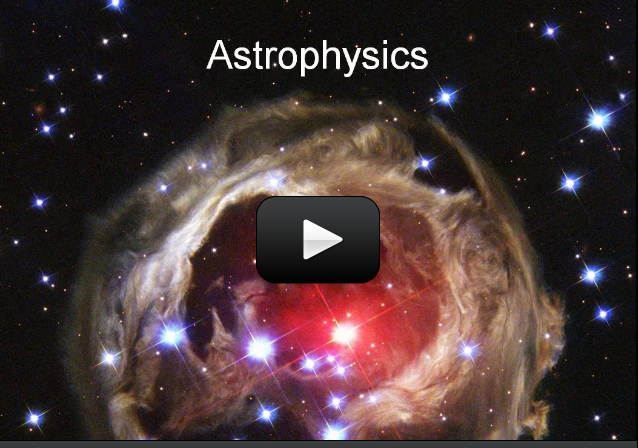Greetings and welcome to the study of astronomy! This first lesson is simply to get you excited and interested in astronomy so you can decide what it is that you want to learn about astronomy later on.
We’re going to cover a lot in this presentation, including: the Sun, an average star, is the central and largest body in the solar system and is composed primarily of hydrogen and helium.
The solar system includes the Earth, Moon, Sun, seven other planets and their satellites (moons) and smaller objects such as asteroids and comets. The structure and composition of the universe can be learned from the study of stars and galaxies. Galaxies are clusters of billions of stars, and may have different shapes. The Sun is one of many stars in our own Milky Way galaxy. Stars may differ in size, temperature, and color.
Materials
- Popcorn
- Pencil


The popcorn is so you have something to munch as you watch this video!
what was the popcorn for?
That was a good video but I didn’t finish it. But it was great!!!!
Do you mean the names of the objects, how are they named?
how do you chose the names
The moon is so far away that its gravity has very affect over rockets as they escape earth’s gravity. However, once objects are in orbit, or on their way to the moon, its gravity is included in the math. Also, the moon’s gravity becomes more and more important the closer objects get to it.
When you click the picture that says star gazing, it has instructions for how to join in.
i saw on the main part of the web and there is a star gazing on November 21 how do i get on it? thank you
If the moons gravitational pull affects things on earth did scientists include it with the escape velocity of earth?
Yes absolutely! Go here for the October star gazing – this video is good for the next month or two:
http://www.centralcoastastronomy.org/stargazing-10-17-20
is there anything interesting that i can see outside at night in the sky on sat 10-23-2020 or on sun 10-23-2020 thank you.
Saturn and Jupiter are huge and have very strong gravitational pulls. Scientists think that Jupiter and Saturn’s rings are pieces of comets, asteroids or even moons that have been torn apart by gravity. The remaining chunks of ice and dust orbit around the planets making the rings.
How did Saturn and Jupiter get there rings if there a gas giant
It’s for eating, like you would with a movie!
Getting ready for the class. Do we need popped popcorn or kernels? Thank you!
That’s a really good question – here’s an awesome article from NASA about what happens to bones in space.
https://www.nasa.gov/audience/foreducators/postsecondary/features/F_Bones_in_Space.html
Nik, 5th grade, wants to know if you can break bones in space?
That is a place where the film did not image in high resolution, so it’s not marked with any specific information.
Why does mercury have a a huge tan line on it
As you go through the class, we talk about the different things outlined in the sheet.
If you want a more detailed sheet, here’s a similar video with an expanded worksheet:
https://www.sciencelearningspace2.com/2019/02/special-science-teleclass-astronomy/
I am not sure of your question – try asking again?
what is your theroy for that cloud?
Er………. how to I fill in my sheet?